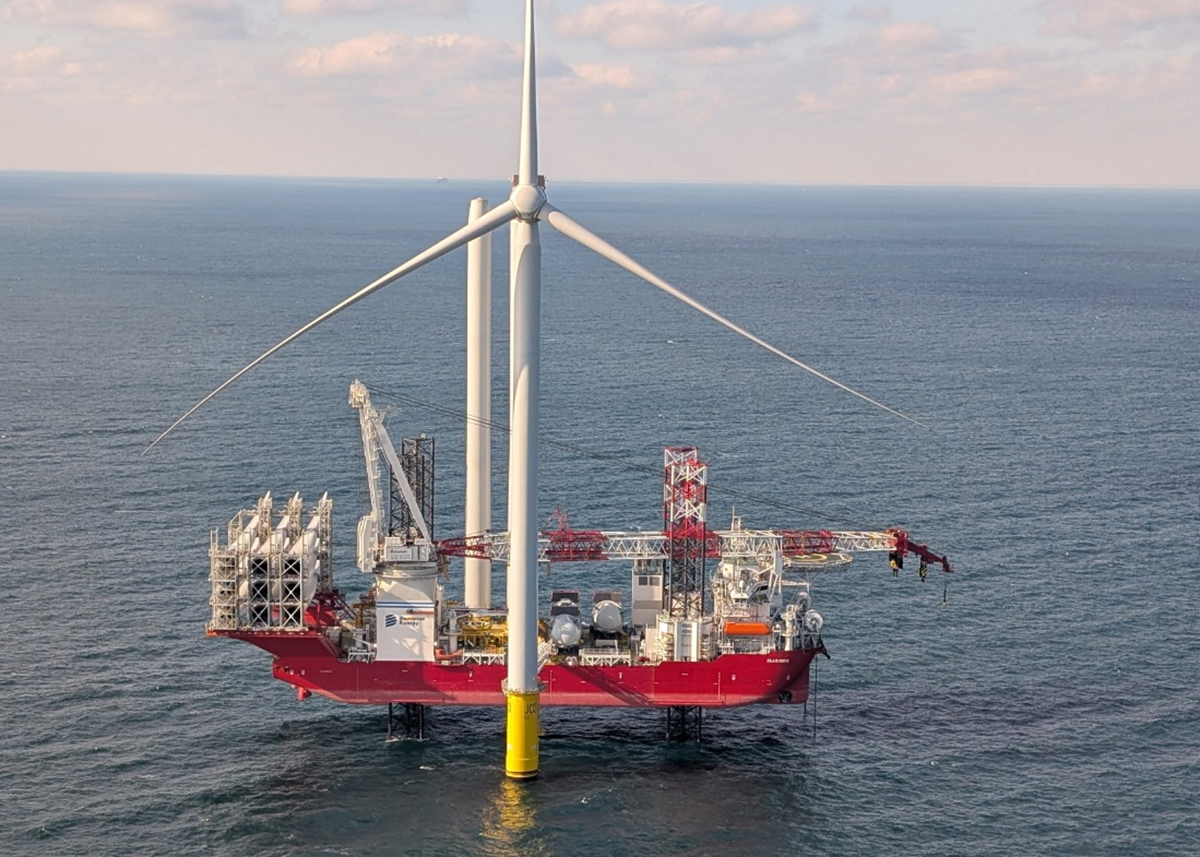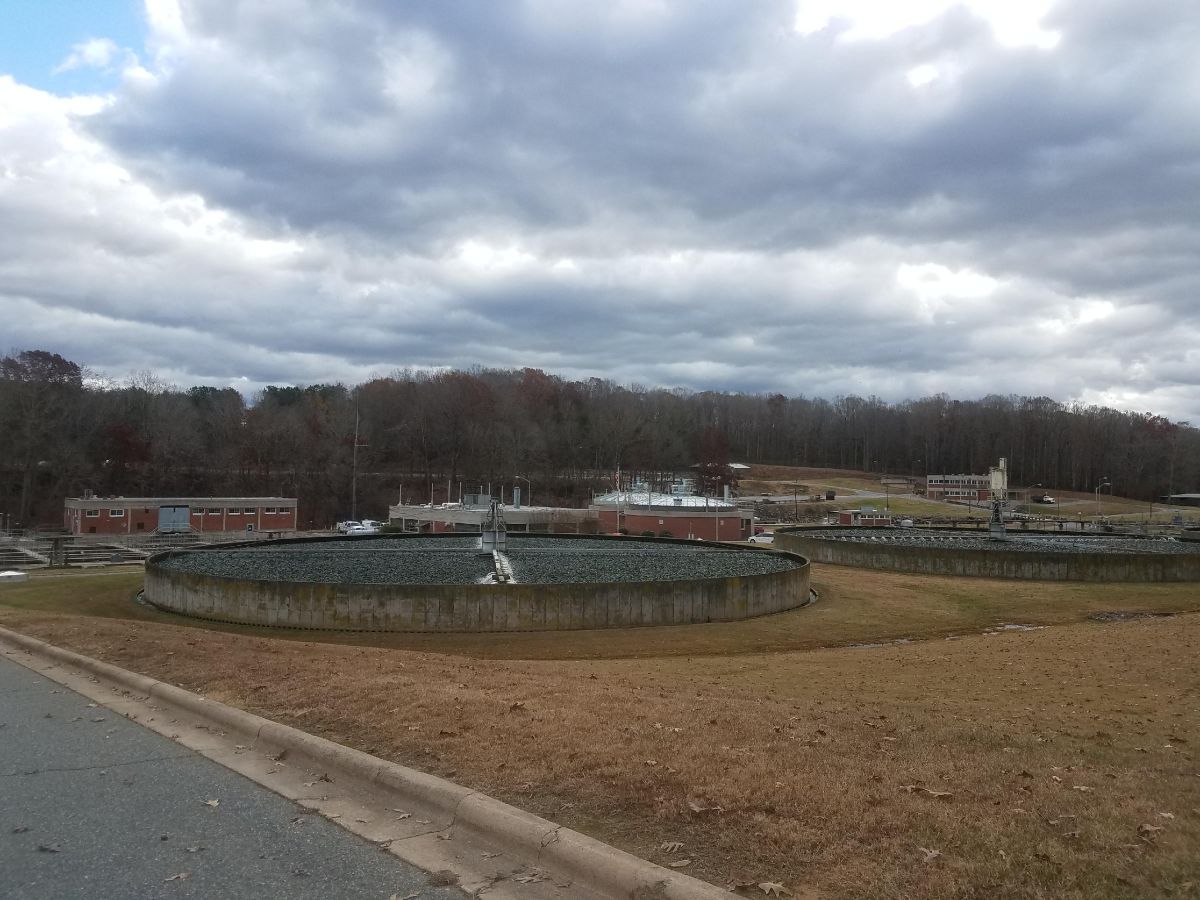RALEIGH — In the N.C. General Assembly’s budget process, the two chambers trade off pitching and catching. This year was the state Senate’s turn to throw out the first draft. Yesterday, the N.C. House came back with a surprise pitch.
Most of the headlines today will focus on the glaring differences in how the House and Senate would pay teachers and fund Medicaid, but the House’s $21.1 billion proposal contains a few conservation and natural resource surprises, including the potential sale of historic Jennette’s Pier in Nags Head, and not-so-subtle signs of a major disagreement between the two chambers on the enforcement of federal fishery regulations.
Supporter Spotlight
As always, the thing to look for in competing budgets is not just what got changed, but what disappeared altogether. The most glaring omission in the House version is turning Oregon Inlet on the Outer Banks into a state park to build jetties to stabilize the notoriously unstable inlet. Acquisition of the inlet and adjacent land in Dare County is a prominent feature of the Senate budget, which passed on the last day of May.
The Senate also gave the governor the power to bypass environmental permits to rebuild N.C. 12 on the Outer Banks, including the Herbert C. Bonner Bridge across the inlet, in the event of an emergency.
 Rep. Tom Murry |
Those provisions, championed by Harry Brown, R-Onslow, the Senate majority leader, were stripped from the House budget. Republican leaders there want more time to look at the inlet issue, according to Rep. Tom Murry, R-Wake, co-chair of the House Appropriations Subcommittee on Natural and Economic Resources.
“There are several of us who wanted that to have further debate and further indication of what the federal government’s plans are on Oregon Inlet as well,” Murry said after a vote Tuesday that sent the his committee’s portion of the budget on to the full Appropriations Committee. “There’s significant federal investment that needs to be made, not just the state. It needs to be balanced.”
Murry said he had not yet spoken to Brown on the inlet issue but was looking forward to working with him when the two chambers reconcile the differences between the budgets. “I think it’s worthy of having a good conversation about,” Murry said.
Supporter Spotlight
Coastal representatives Chris Millis, R-Pender, and Rick Catlin, R-New Hanover, are members of Murry’s committee. They said they were not in favor of pulling the inlet language and would like to see something that addresses the inlet in the final budget compromise. Both served on the Oregon Inlet Land Acquisition Task Force, which the legislature created last year to study acquiring the inlet. It issued a report in May calling for state acquisition and better management of the inlet.
“I think we need to do something with Oregon Inlet,” Catlin said. “We need a long-term solution or it’s going to continue to be a drain on resources and it’s going to continue to be a safety problem and a maintenance problem for our new bridge.”
Millis said he’d like to see money in the budget for the task force’s recommendations. He said he thought the Senate language appeared to do that and hoped to see a compromise struck. “This is something that has to be worked out between the House and Senate,” Millis said.
 Rep. Chris Millis |
 Rep. Rick Catlin |
Also on the negotiators’ list will be reconciling polar opposite views on the agreements between the state and federal agencies to enforce federal regulations on marine fish and to protect marine mammals and endangered species. North Carolina is the only state on the East Coast that does not have such an agreement.
A provision in the Senate bill bluntly states the state “may not enter into a joint enforcement agreement with the National Marine Fisheries Service.”
A House provision says otherwise “The Fisheries Director or a designee of the Fisheries Director shall enter into an agreement with the National Marine Fisheries Service of the United States Department of Commerce allowing Division of Marine Fisheries inspectors to accept delegation of law enforcement powers over matters within the jurisdiction of the National Marine Fisheries Service.”
During committee discussion Millis said he was wary of the mandating an agreement. “It’s a little concerning that we’re directing this authority without decent deliberations and thought on both side of the issue,” he said. “I understand we’re the only state, but maybe it’s good policy that we’re the only state.”
The budget also includes a special provision putting Jennette’s Pier up for sale. Built in 1939, the pier is a Dare County icon. It’s also closely identified with local son Marc Basnight, a Democrat who ruled the state Senate for decades before resigning in 2011 because of poor health. He engineered its sale in 2003 to the state aquarium system and then championed its remodeling into an environmental education center after it was destroyed by Hurricane Isabel.
“It’s been a great, wonderful addition to the town of Nags Head, the county of Dare and the state of North Carolina – and then some,” Cliff Ogburn, Nags Head town manager, told WRAL-TV yesterday.
Ogburn said in the WRAL story that he didn’t hear about the pier provision until yesterday afternoon, when he was contacted by the TV reporter. But he said he was alarmed at the prospect of a privately owned Jennette’s Pier, especially when the city contributed $300,000 to the remodeling project.
“I envision a complete 180 from conservation, education and management of the natural resource,” Ogburn said. “Commercialization is just complete opposite use.”
The House budget stipulates that the pier must be sold at fair market value and that the proceeds would go to the N.C. Clean Water Management Trust Fund. The state Department of Environment and Natural Resources, or DENR, would be required to report on the status of the sale by April 1.
The House plan mirrors the Senate’s spending for up to 25 new positions at DENR for coal ash monitoring, remediation and inspection. Unlike the Senate plan, the House does not make the funding — roughly $1.75 million annually — contingent on the passage of coal-ash legislation this session.
Other features of the House budget plan would:
- Eliminate a Senate proposal to privatize the management of Carolina Beach State Park
- Allow the state Natural Heritage Program to develop fees for mapping and online access of databases
- Delete language from a Senate bill on shale gas marketing
- Add another $1 million into the Clean Water Management Trust Fund for nutrient management for lakes







